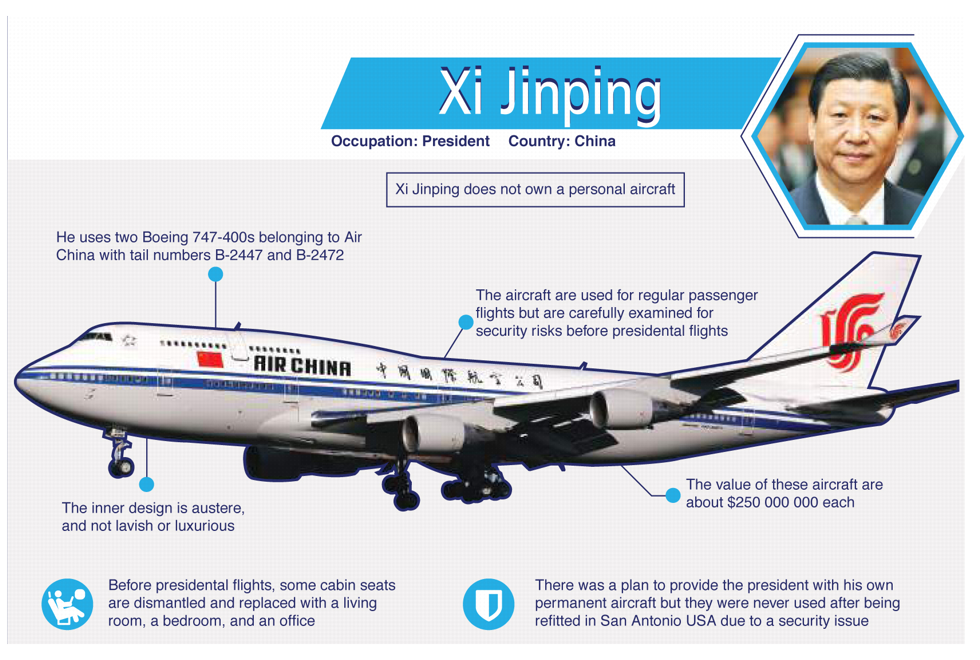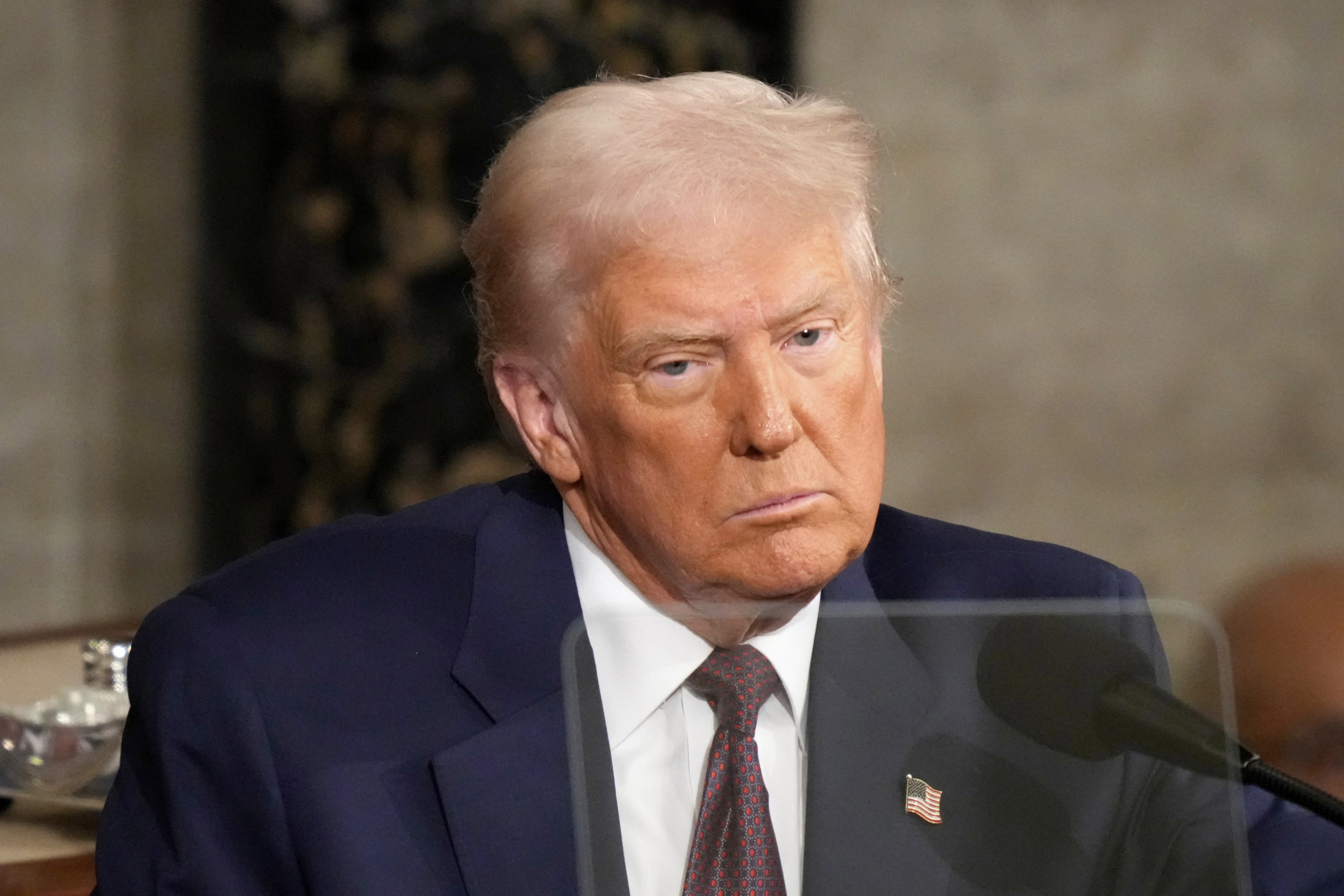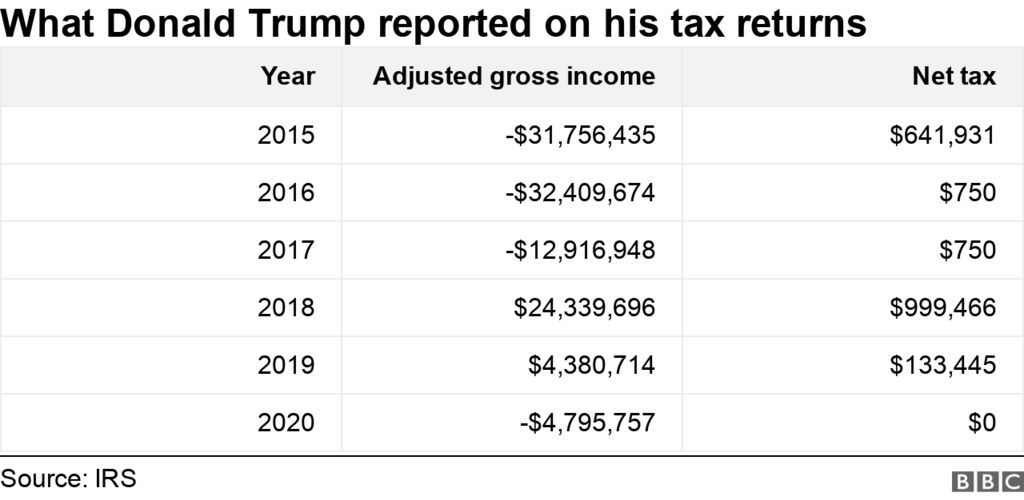Alright, folks, let’s cut through the noise. Former President Trump is, shall we say, defending the acceptance of a 747 aircraft from Qatar intended to temporarily replace the aging Air Force One. He’s branding it a completely above-board transaction, essentially saying, ‘Anyone could’ve gotten this deal!’
But the outrage from the Democrats? Apparently, they’re “insisting” on a hefty price tag. Trump’s response, predictably, is that they’re a bunch of “world-class losers.” Classic Trump, right?
The core issue here is the optics of accepting such a substantial gift from a foreign government. It raises questions about potential influence, even if Trump insists it’s just a good deal. Here’s a little background for those tuning in:
Understanding Sovereign Wealth Funds and Gift Diplomacy: Qatar, like many nations, utilizes sovereign wealth funds – state-owned investment funds. These funds are often deployed strategically, sometimes including ‘soft power’ initiatives like gifts.
The Implications of Gift Acceptance: Accepting gifts from foreign powers isn’t unheard of, but it’s heavily scrutinized. It can create perceived obligations, even if no explicit quid pro quo is intended. Transparency is crucial.
Air Force One’s Replacement Dilemma: Air Force One is old. It’s been in service for decades, and a new fleet is long overdue. The current procurement process has faced delays and significant cost overruns. This situation creates an opening for alternative solutions…and potential controversy.
Trump frames this as a savvy move – saving taxpayer dollars. However, critics argue that it sets a dangerous precedent, blurring the lines between diplomacy and self-enrichment, or at least, looking that way. This isn’t about the plane; it’s about the principle. Is this a brilliant stroke of negotiation or a potential breach of ethical boundaries? You decide.







